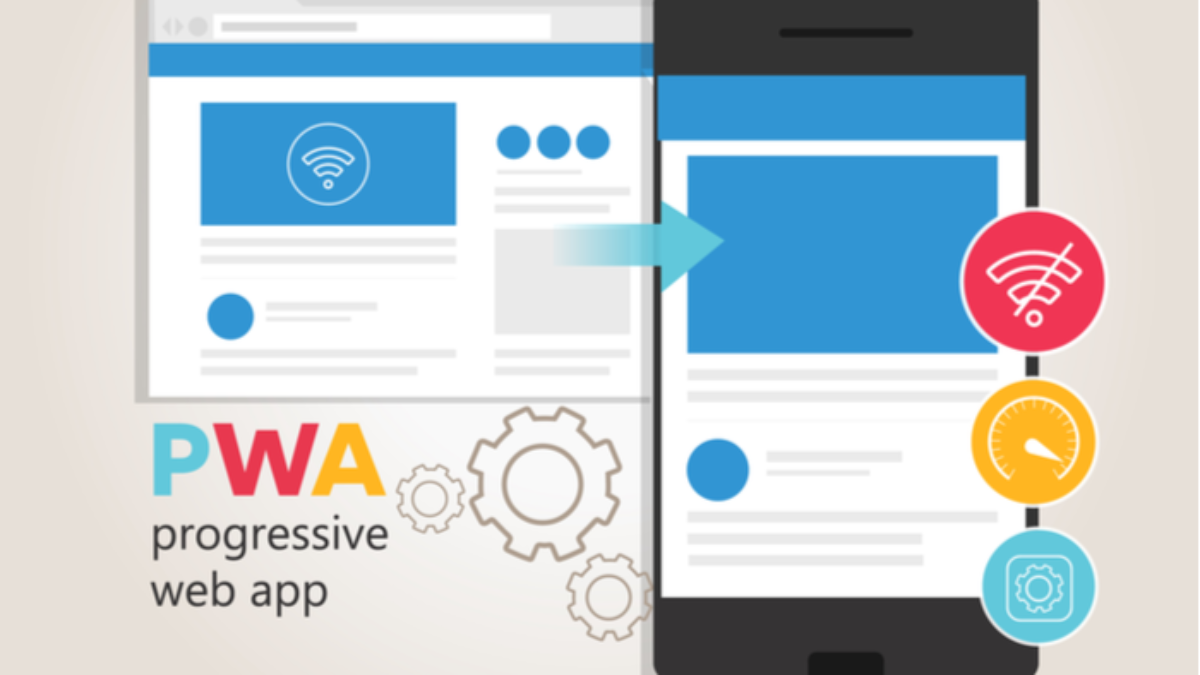News Blast
Your daily source for breaking news and insightful articles.
Progressive Web Apps: The Future of Everyday Browsing
Discover how Progressive Web Apps are revolutionizing everyday browsing and why you can't afford to miss out on this digital game-changer!
What Are Progressive Web Apps and How Do They Work?
Progressive Web Apps (PWAs) are modern web applications that leverage the latest web technologies to deliver an app-like experience directly through users' browsers. They are designed to load quickly, even on unreliable networks, and provide a seamless experience across devices, whether it's a smartphone, tablet, or desktop. Unlike traditional web applications, PWAs are capable of working offline, sending push notifications, and accessing device hardware, thanks to features such as service workers and web app manifests. This combination of capabilities allows PWAs to provide users with a highly interactive and engaging experience that can rival native apps.
To understand how PWAs work, it's essential to delve into their core components. First, service workers act as a proxy between the web application and the network, enabling the app to function offline by caching resources and managing network requests. Additionally, the web app manifest defines how the app appears on the device, including icons, splash screens, and screen orientation. Together, these components ensure that PWAs can deliver fast loading times and smooth interactions. As a result, businesses are increasingly adopting PWAs to enhance user engagement and improve overall performance, making them a vital part of the modern web landscape.

The Benefits of Using Progressive Web Apps for Businesses
Progressive Web Apps (PWAs) offer numerous benefits for businesses looking to enhance their online presence. Unlike traditional web applications, PWAs combine the best of both web and mobile apps, providing a fast, reliable, and engaging user experience. They are designed to work seamlessly across various devices, ensuring that your customers can access your services anytime, anywhere. This cross-platform compatibility not only boosts user engagement but also reduces development costs, as a single application can cater to both desktop and mobile users.
One of the standout features of PWAs is their ability to function offline, which can significantly improve user retention. By utilizing service workers, PWAs can cache content and provide users with a smooth experience even when they have a poor or no internet connection. Additionally, they load quickly and can send push notifications, keeping users informed and engaged with updates and promotions. Ultimately, adopting PWAs can lead to increased conversion rates and a higher overall return on investment for your business.
Are Progressive Web Apps the Future of Mobile Browsing?
As technology continues to evolve, Progressive Web Apps (PWAs) are emerging as a game-changer in the realm of mobile browsing. These applications combine the best of both web and mobile apps, providing users with fast load times, offline access, and the ability to send push notifications. The significance of PWAs becomes even more apparent when considering the growing demand for seamless, reliable, and efficient online experiences. By leveraging modern web capabilities, PWAs enable businesses to reach their customers more effectively, which can ultimately enhance user engagement and retention.
The future of mobile browsing looks promising with the increasing adoption of Progressive Web Apps. Businesses are recognizing the potential of PWAs to not only improve user experience but also streamline their development processes. Unlike traditional mobile apps that require downloads and installations, PWAs can be accessed directly from a user's web browser, making them more accessible to a wider audience. As more companies invest in optimizing their online presence through PWAs, it is clear that this technology may well define the future landscape of mobile browsing.